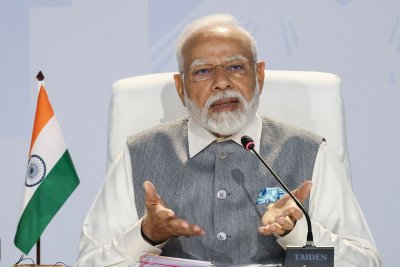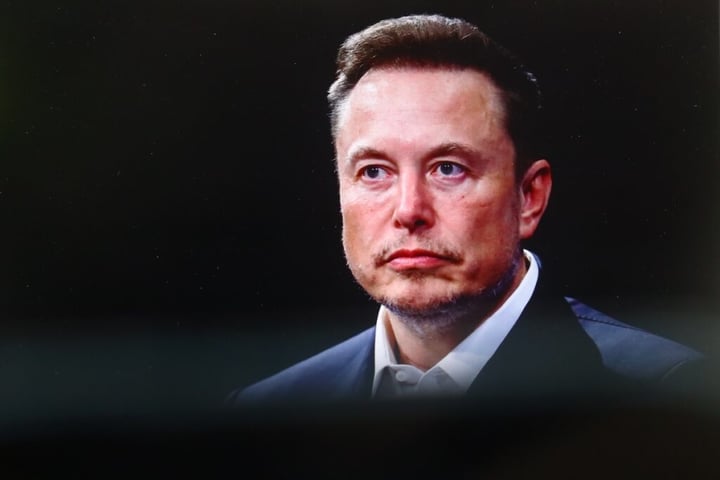India Pursues Oil Deals Amid U.S. Tariff Threats on Russia

India remains committed to sourcing oil from the most favorable deals available, including supplies from Russia. This statement comes from Vinay Kumar, India’s ambassador to Russia, amid rising pressures from the United States to halt energy imports from Moscow. Speaking to TASS on August 25, 2023, Kumar emphasized that India’s focus is on ensuring energy security for its population of approximately 1.4 billion people. He criticized U.S. objections to India’s energy sourcing as “unfair, unreasonable and unjustified.”
Kumar articulated that the Indian government will continue to prioritize national interests in its energy policy. “If the basis of commercial transactions are right, Indian companies will continue buying from wherever they get the best deal,” he stated. The ongoing geopolitical tensions have led to significant scrutiny of India’s energy choices, especially concerning its Russian oil imports.
The U.S. administration, led by President Donald Trump, has reacted strongly, imposing a 50% tariff on Indian imports, which includes a punitive tax specifically targeting India’s continued purchases of Russian oil. This tariff is set to be implemented shortly, reflecting the Trump administration’s strategy to leverage economic pressures to influence Russia regarding its military actions in Ukraine.
In a wider context, Trump has expressed frustration with India, alleging that the country not only imports Russian oil but also sells it for profit. This accusation follows India’s earlier statements criticizing the hypocrisy of the U.S. and the European Union, who began importing from Russia after traditional supplies were disrupted due to the conflict in Ukraine.
India’s foreign ministry reinforced the importance of stable energy access, stating, “India’s imports are meant to ensure predictable and affordable energy costs to the Indian consumer.” They highlighted that this necessity arises from the current global market situation. “The targeting of India was both unjustified and unreasonable, and we will take all necessary measures to safeguard our national interests and economic security,” the ministry added.
U.S. Vice President JD Vance, commenting on the tariffs, described them as part of a broader strategy to apply “aggressive economic leverage” to compel Russia to negotiate an end to the conflict in Ukraine. Vance noted that the secondary tariffs on India are intended to hinder the Russian economy, particularly its oil sector.
In the backdrop of these tensions, India and Russia have reaffirmed their commitment to strengthening energy cooperation. Russian Foreign Minister Sergey Lavrov announced that oil shipments to India are “making wide strides” and expressed mutual interest in joint energy production projects in Russia’s Far East and Arctic regions.
According to the Center for Research on Energy and Clean Air, between December 2, 2022, and July 2023, India imported approximately 38% of Russia’s crude exports, making it the second-largest buyer after China, which accounted for 47% of these exports. This trade dynamic underscores India’s strategic positioning in the global energy market, even as it navigates the complexities of international relations and economic pressures.






